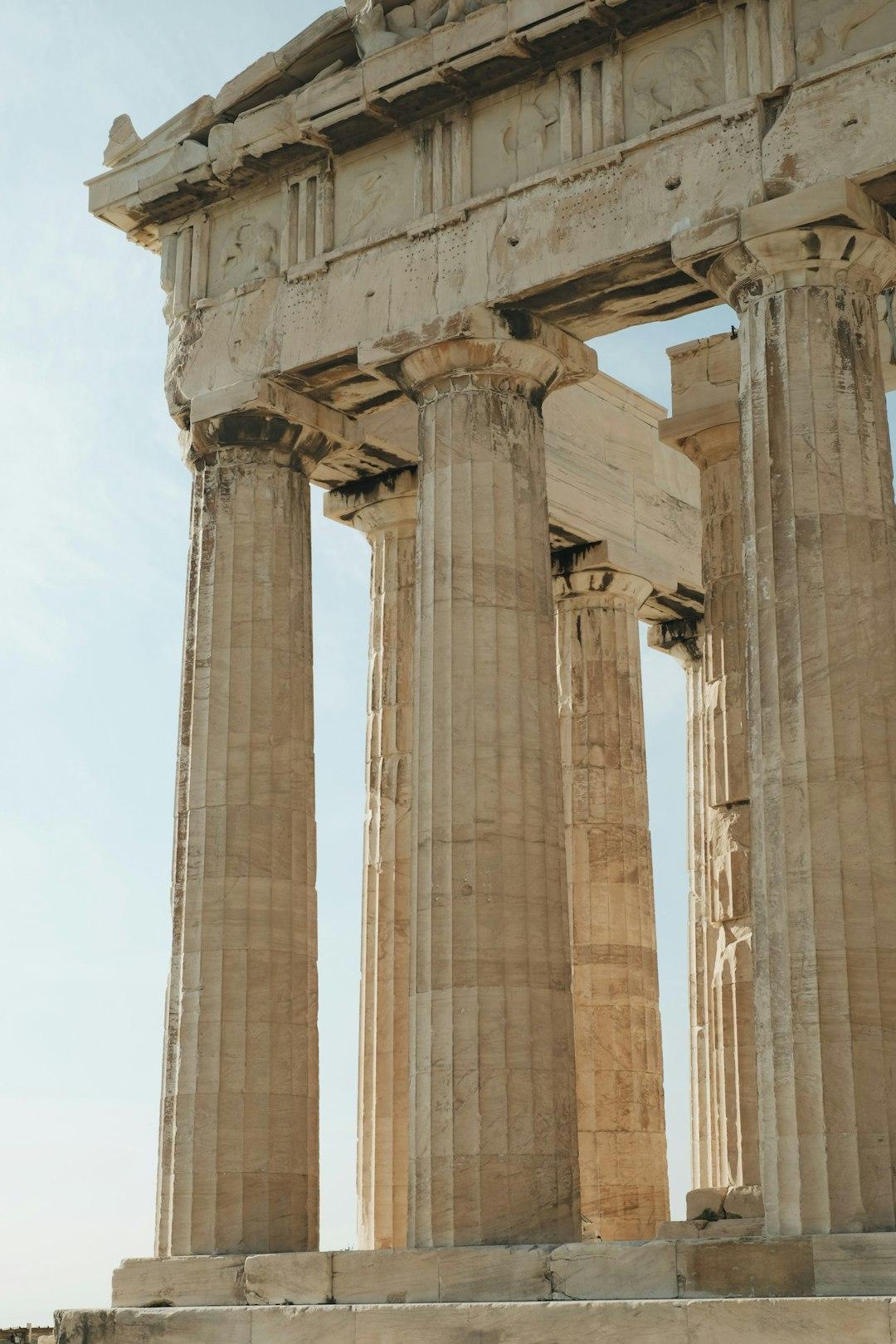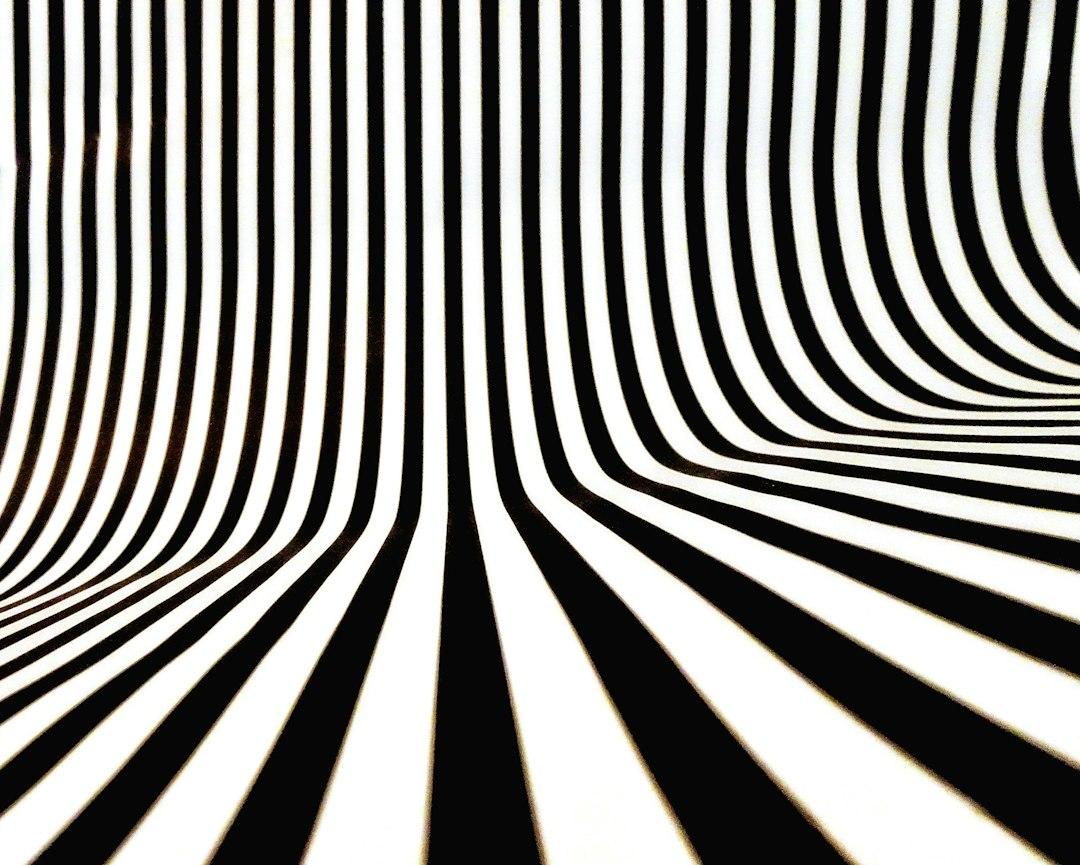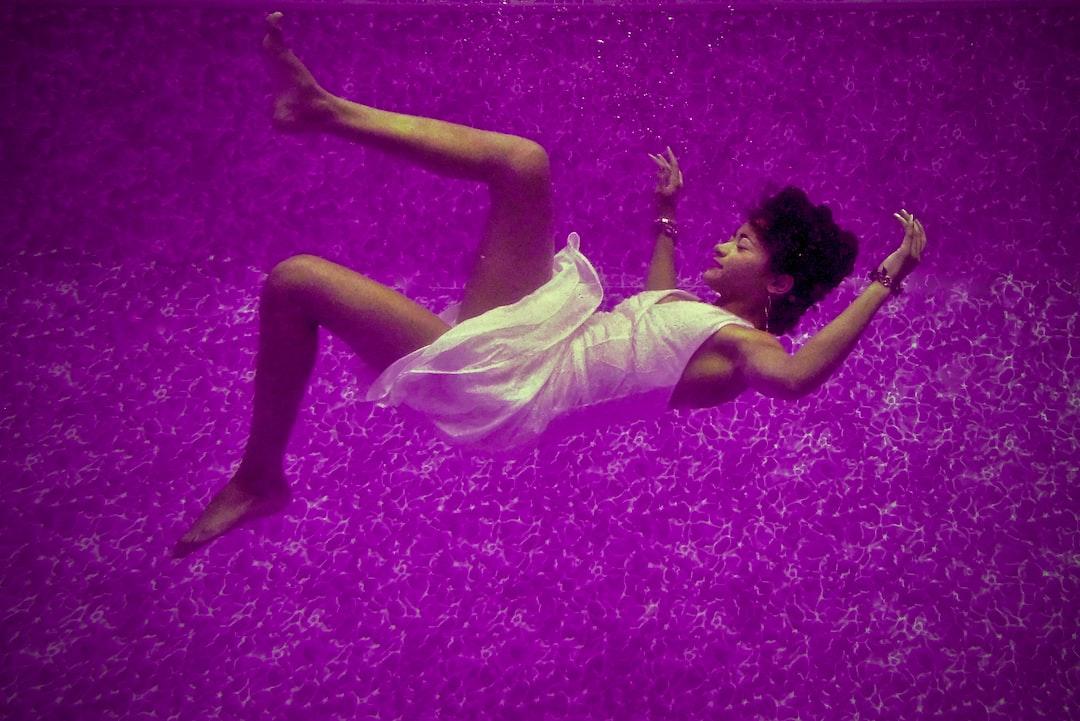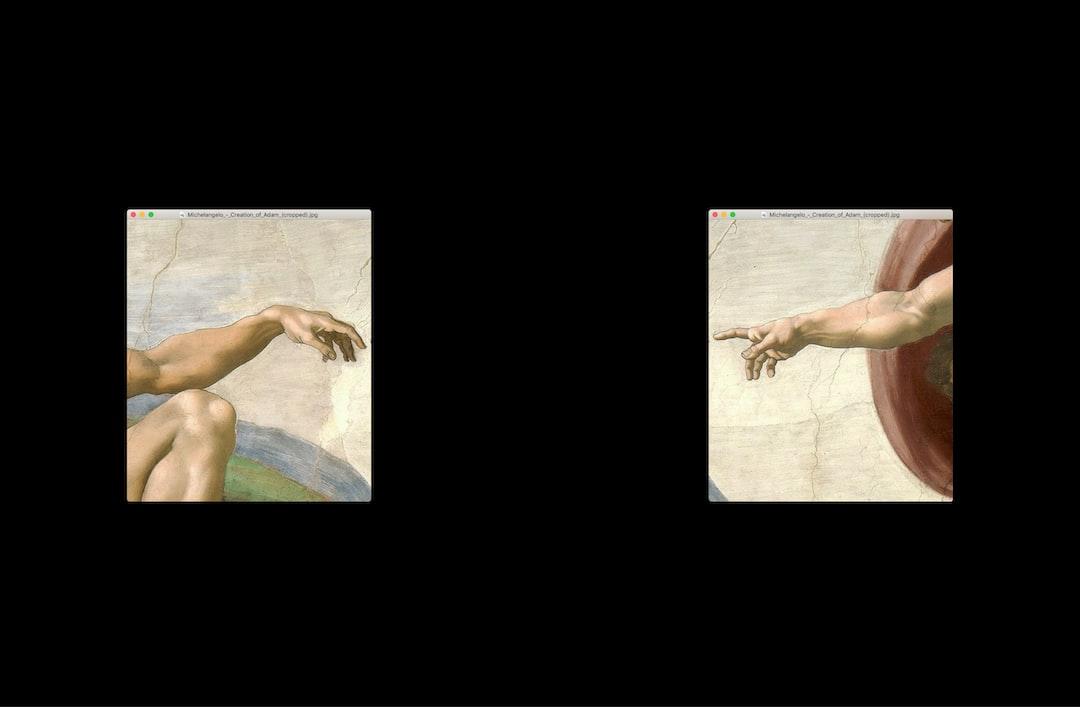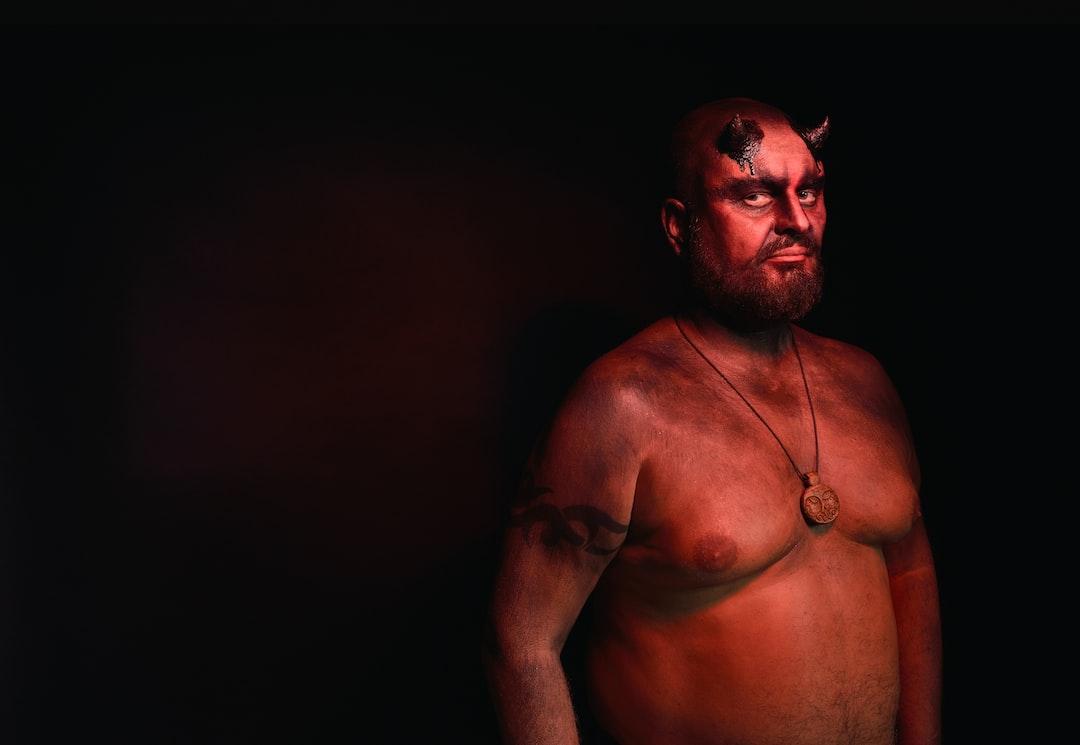Explore the World's Best Ideas
Join today and uncover 100+ curated journeys from 50+ topics. Unlock access to our mobile app with extensive features.
Introduction
Rene Descartes realized a large numbers of falsehood from his opinion, judgement, and beliefs that he had accepted to be true.
This raises suspicion about his whole belief system, if some are bad, then others might be too. He also question the foundation of does beliefs since many beliefs have been built on the bad ones.
8
230 reads
Foundationalism
Rene Descartes wants to demolish his old beliefs system and start over again from beginning to established a new falsehood-proof undoubtedle foundational beliefs system as a basis for his new opinion, judgement, and beliefs.
9
192 reads
Methods of Universal Doubt
Undoubtedle foundational beliefs system demands Certainty as a quality of it.
So he generate doubt to the foundation of his old beliefs as many as possible to find something that is Certain. He doubt everything by formulating different Skeptical Hypothesis.
9
175 reads
The Perceptual Illusion Hypothesis
First, he look at his primary source of his knowledge that he acquired and realized that it came from Experience.
Experience relies on senses. he raise doubt to it:
Premise 1: My senses sometimes deceive me. (e.g. Paredolia, optical illusion, false perception, etc.)
Premise 2: One should never completely trust what once has deceived one. (Cartesian Quest for Certainty Principle)
Conclusion: I should not completely trust my senses.
13
152 reads
The Dreaming Hypothesis
Descartes realized that when he is in the state of having a Dream, he has a perception, at that moment he all of his senses are being deceived as everything in that world of dreams are indistinguishable to the world of reality.
Premise 1: We can't always tell when we are dreaming.
Premise 2: if we can't tell that we are dreaming, we can't be certain that we are dreaming right now.
Premise 3: If we cannot be certain that we are not dreaming right now, then we cannot know anything about the world of reality.
Conclusion: We can't know anything about the world of reality.
10
117 reads
Proof of Greater Reality in Dream
The properties of the object: shape, quantity, and size.
"I may holding a book but this book may not exist and just an illusion from my dream world, But the property of it, this thing must be real." (Projection of greater reality)
10
117 reads
Composite and Simple Things
Descartes create a distinction about different things
Composite things - are the things that are complex, always changing, dubious and must be doubt like Physics, Astronomy, and Medicine.
Simple things - are the things that are fixed and unchanging like colors, shapes, quantities, space, time—the kinds of objects studied by Arithmetic and Geometry.
Whenever I'm awake or sleeping 2 plus 3 is always equal to 5. Therefore, Simple things are the things that Rene Descartes can trust.
10
96 reads
Deception of a Powerful being
He states that "God is all powerful so he could possibly deceived me even in simple things"
But then he realized that the God he worship is an All-good being. therefore, that God will not deceived him.
8
90 reads
The Evil Genius Hypothesis
Then Rene Descartes insist that "what if there is some malignant evil genius exceedingly powerful and cunning. Devoted all of his power to deceived me. I shall supposed that the sky the earth, color, shape, sound, and all external things are illusion imposed by evil demon"
9
84 reads
This Evil Genius fed Rene Descartes' experience and make him think that this world and every simple things are real but in reality it is just simulated or a Grand Illusion generated by the demon.
Premise 1: I can't rule out the possibility that I am deceived by an Evil Genius.
Premise 2: if so, then I can't really know the real world.
Conclusion: I can't know anything about the real world.
This is the best possible skeptical argument.
11
83 reads
IDEAS CURATED BY
CURATOR'S NOTE
Summary of Meditation I. Of the things which may be brought within the sphere of the doubtful.
“
Similar ideas
Read & Learn
20x Faster
without
deepstash
with
deepstash
with
deepstash
Personalized microlearning
—
100+ Learning Journeys
—
Access to 200,000+ ideas
—
Access to the mobile app
—
Unlimited idea saving
—
—
Unlimited history
—
—
Unlimited listening to ideas
—
—
Downloading & offline access
—
—
Supercharge your mind with one idea per day
Enter your email and spend 1 minute every day to learn something new.
I agree to receive email updates


